Mambabasa
- 51 Posts
- 8 Comments

 6·2 months ago
6·2 months agoNot endorsing the statement btw.

 3·2 months ago
3·2 months agoHmm, “Perhimpunan Merdeka” is a bit difficult because “perhimpunan” doesn’t have an exact match in English. It’s commonly translated as “association” but the root word is “gather” or “gathering.” It’s a cognate to “katipunan” in Tagalog. As for “merdeka” it’s more “freedom” or “free.” So “free association” might be more fitting.
“Perserikatan Sosialis” is straightforward, yes.

 3·2 months ago
3·2 months agoNope

 493·4 months ago
493·4 months agoLuigi didn’t do it though. He’s being set up by the prosecution.

 0·5 months ago
0·5 months agoOoof my bad
There’s no one method. A lot of people, however, choose various syndicalist and unionist methods of organizing workers to fight back against the bosses. You’ll get a lot of different answers from different people.

 01·2 years ago
01·2 years agoTo me, the meme acknowledges that GOG installers are shared in groups, which is piracy since the other people didn’t pay for it. (That doesn’t mean it’s bad btw.)


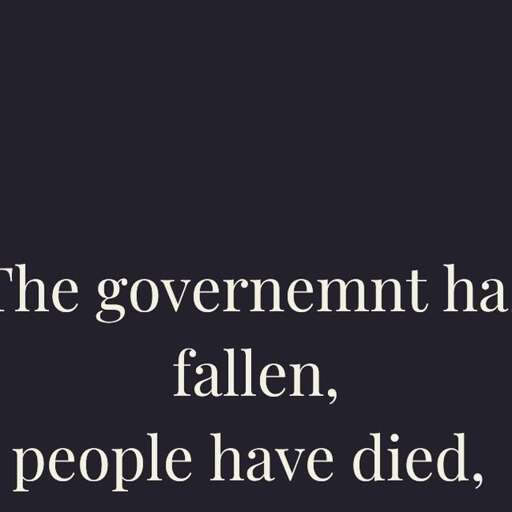
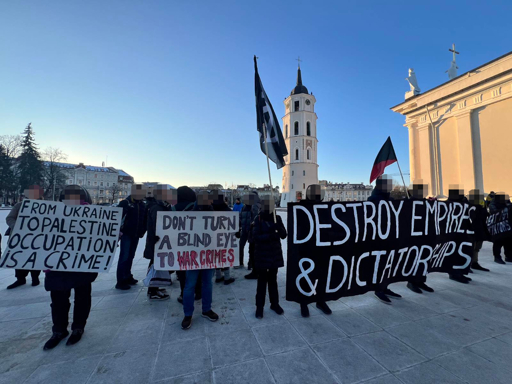
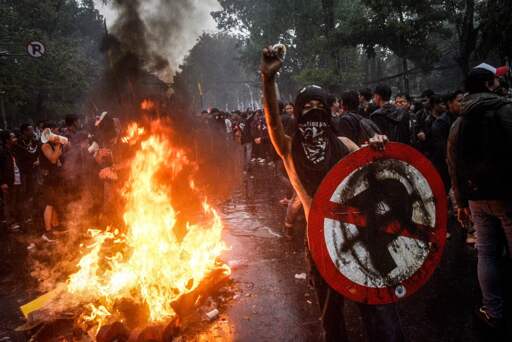


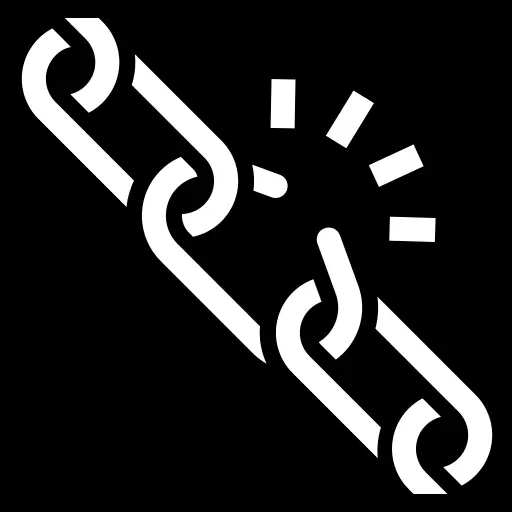

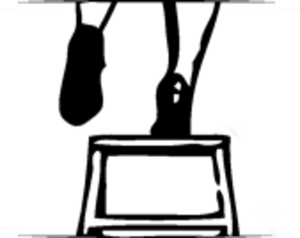
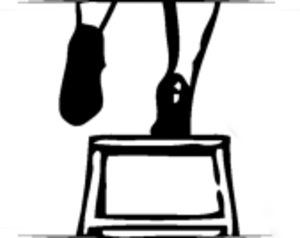
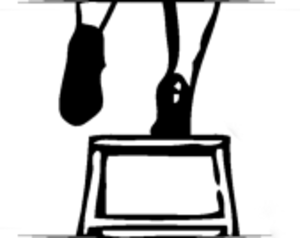
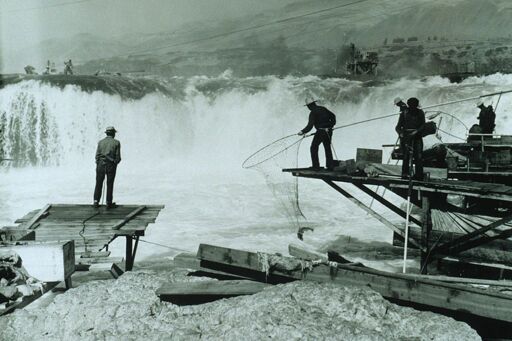
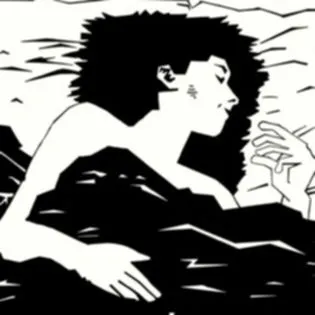

The ones who admin the social media accounts, twitter, Facebook, Instagram, etc.
Further details… none so far. Emerging situation. Will keep this sub posted.